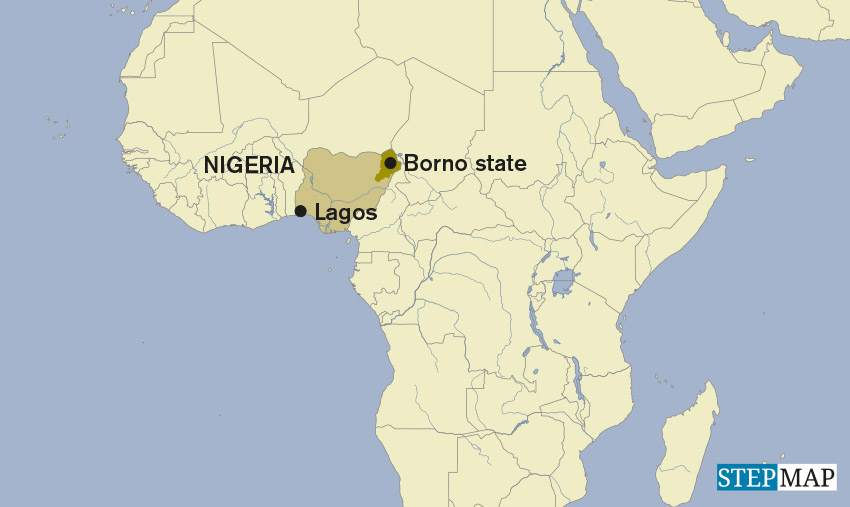Syrian refugees
Women at risk

The women want safety for themselves and their children. As fleeing refugees, however, they are often exposed to violence and sexual abuse. They depend on people smugglers and human traffickers. Many women depart from their homes without male support, because fathers, husbands and other male family members are fighting in the civil war or have already embarked on the dangerous trip to Europe.
CARE has published a new study on the matter. The title is “On her own”. The authors reckon that, in June 2016, some 4.8 million refugees from Syria were scattered all over the Middle East, North Africa and Turkey. About half of them were women. The non-governmental agency points out that, due to the disintegration of families, the women face new risks and must rise to new challenges that do not fit traditional gender roles. The trend, moreover, causes conflicts and violence within families too.
As male family members are absent, women now head the households and must assume responsibility outside the households, moving into what are traditional male domains. Due to their upbringing, however, women lack relevant experience. They also lack vital information they would need to make the right decisions for their families. UN researchers have found out that most male refugees in the Balkans had mobile phones so they could access information on supportive networks, government policies and changing routes. Most women did not have such devices. Moreover, a greater share of women lacked language skills.
In Jordan, CARE research shows that the number of Syrian refugee families that are headed by women keeps growing. The share was 40 % in June 2016, up from 25 % a few years ago. In Greece, women now head half of all Syrian refugee families, according to CARE.
Apart from violence, threats and sexual abuse, Syrian refugee women and their families are at risk of poverty. Two years ago, 50 % of the women concerned indicated they had sufficient food, but their share has dropped to 15 %, according to CARE. The agency’s research shows that four of five Syrian refugees in Jordan live below the poverty line. It is common to spend a family’s entire income on one member travelling to Europe. People hope that the families will be able to follow at a later point in time. According to CARE, many refugee families are now highly indebted.
As the situation is getting tougher, the pressure on women is growing. Many resort to prostitution as they see no alternative way to make the money needed for survival. In Jordan, about 10 % of Syrian girls now marry much too young because their mothers can no longer take care of them, CARE warns.
Many Syrian refugee women are traumatised, the report points out. After escaping war and violence, they are now struggling for their daily survival. Hopelessness and despair are common. The reasons are violence, including of the sexualised sort, endless waiting, loss of dignity and lack of prospects.
CARE demands that governments and multilateral institutions must do more to support refugee women and take care of their specific needs. The organisation insists that there must be legal and safe routes for women and children. In its view, it is unacceptable that fleeing from war in Syria means to become victim of sexualised violence, human trafficking and abuse.
Dagmar Wolf
Link
CARE, 2016: On her own. How women forced to flee Syria are shouldering increased responsibility as they struggle to survive.
http://www.care-international.org/files/files/CARE_On-Her-Own_refugee-media-report_Sept-2016.pdf












